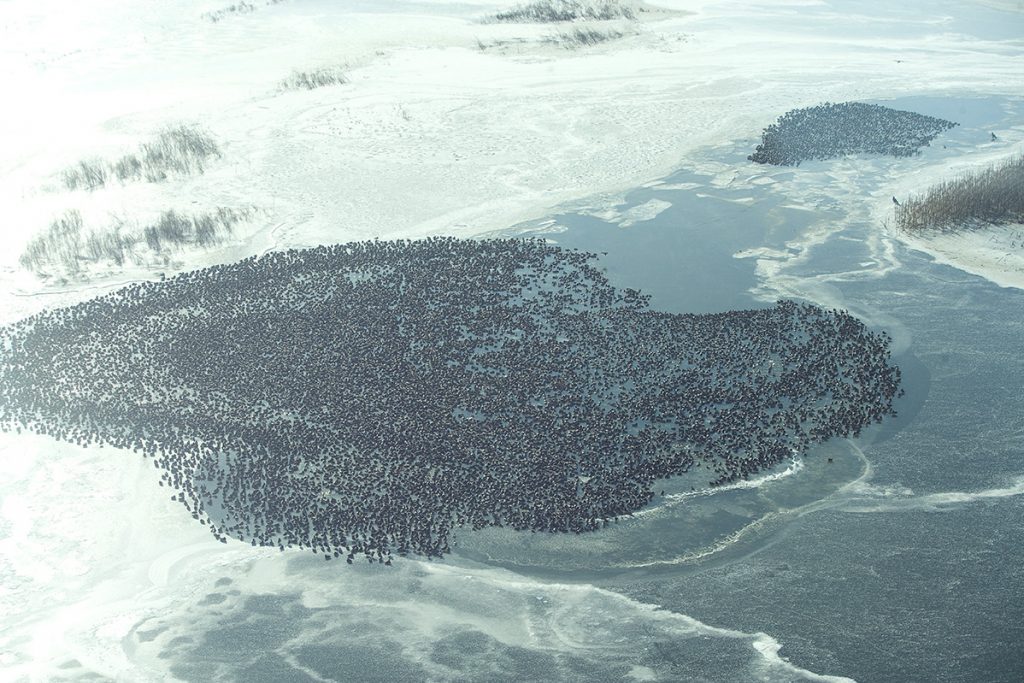
Aerial Reconnaissance
Yi Shang, a professor in the Department of Electrical Engineering and Computer Science, recently received a four-year, $372,000 grant from the MDC to assess the feasibility of using unmanned aircraft systems (drones) and deep learning computing techniques for waterfowl and wetland habitat monitoring.

Mizzou Engineers leading UM System effort for computational data hub
The upcoming NextGen Precision Health Institute will bring researchers from across MU and the UM System together in one world-class facility to collaborate on the kinds of research that will shape the way the world uncovers precision health outcomes for individual patients.
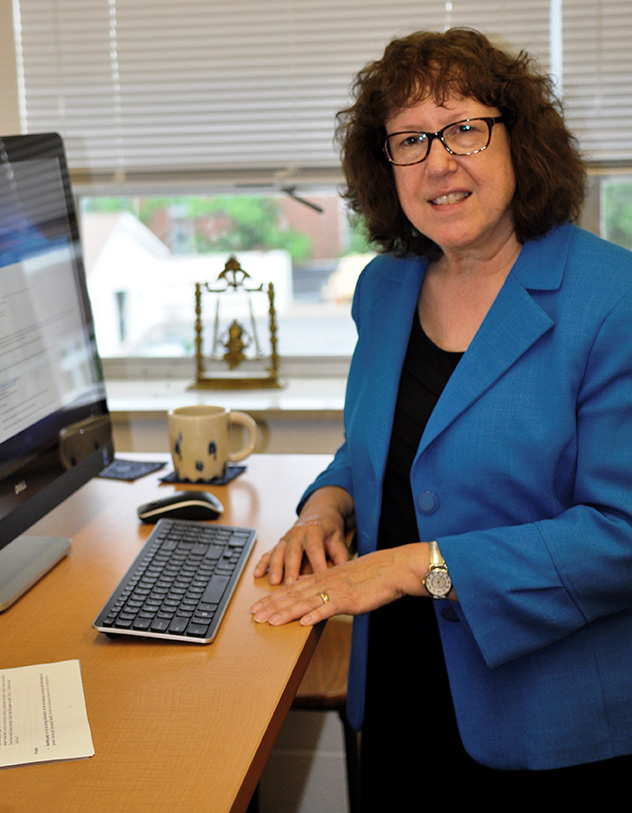
Mizzou’s Skubic helping shape rehab recovery
According to the American Stroke Association, stroke is the leading cause of disability in the United States. For patients recovering from a stroke, paralysis or loss of muscle movement on one side of the body can make daily chores and tasks more difficult to complete. Now, researchers at the University of Missouri have received more than $3 million from the National Institutes of Health to better assess and monitor patients recovering from stroke.

MU’s Cheng named top 100 AI researcher in healthcare
There has never been a more important time to uncover new ways that artificial intelligence can improve our health, and Mizzou Engineering Professor Jianlin Cheng is one of the best in the world at using AI to improve healthcare outcomes according to Deep Knowledge Analytics (DKA).
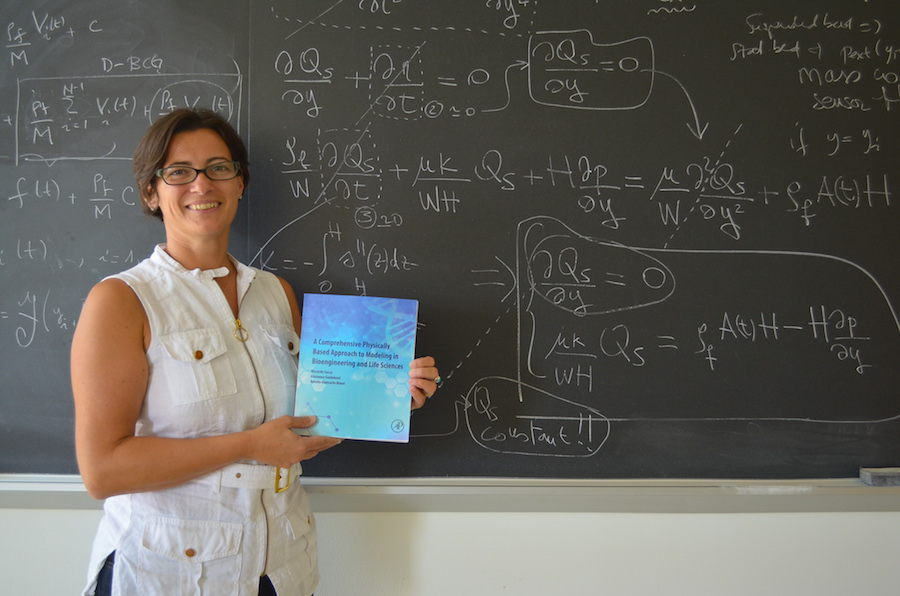
MU’s Guidoboni pens unique, interdisciplinary textbook
What do you do when there’s no textbook that fits the exact, unique nature of your course of study and research? You write your own. And Giovanna Guidoboni, MU professor of Electrical Engineering & Computer Science and professor of Mathematics, did just that.

MU’s Cheng utilizing deep learning expertise for key federal biofuel project
Mizzou Engineering’s Jianlin Cheng has put his world-class protein prediction skills to stellar use in the field of healthcare, and now, he’s part of a critical effort in bioenergy — one that could dramatically improve the prospects of biofuels as fossil fuel reserves dwindle.
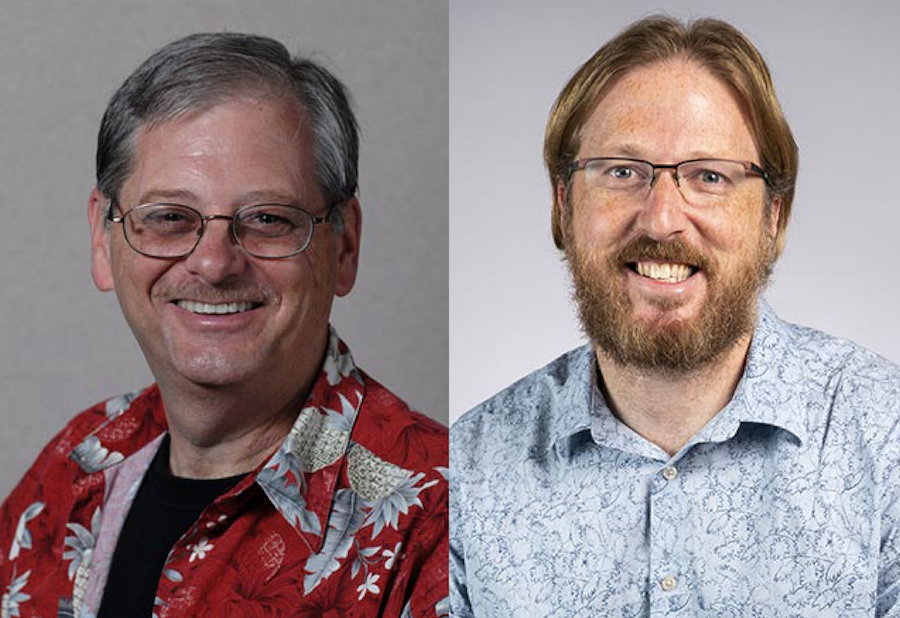
EECS showcases strengths at FUZZ-IEEE International Conference
This year’s Institute of Electrical and Electronics Engineers’ FUZZ-IEEE International Conference on Fuzzy Systems had a distinctly Mizzou Engineering flare.

MU Engineer developing sensor to improve bacteria detection in poultry
Detecting bacterial pathogens is critical for the poultry slaughtering plants and processing facilities that sell your chicken and turkey. And the quicker and more effective the test, the better it is both for consumers and those companies’ bottom lines. An interdisciplinary team of Mizzou and Lincoln University (Mo.) researchers has been perfecting an easy-to-use, portable sensor for years to solve this very issue.
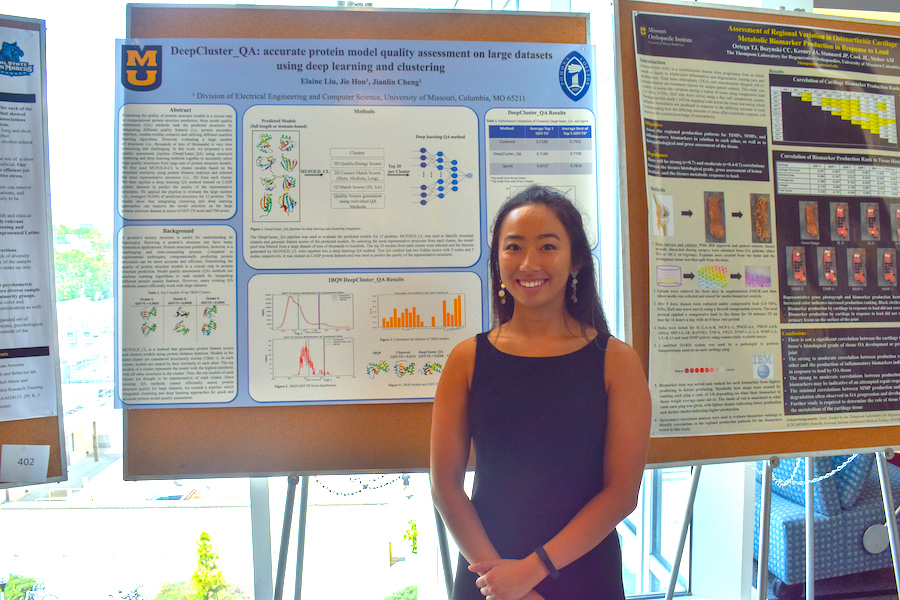
Trio of federally-funded programs showcase computational neuroscience
If you’re looking for a holistic approach to neuroscience research and education, the University of Missouri is the place to be each summer thanks to three federally funded, interdisciplinary programs. Electrical Engineering & Computer Science Professor Satish Nair leads an interdisciplinary team of faculty and grad students who put on two programs funded by the National Science Foundation and another by the National Institutes of Health.
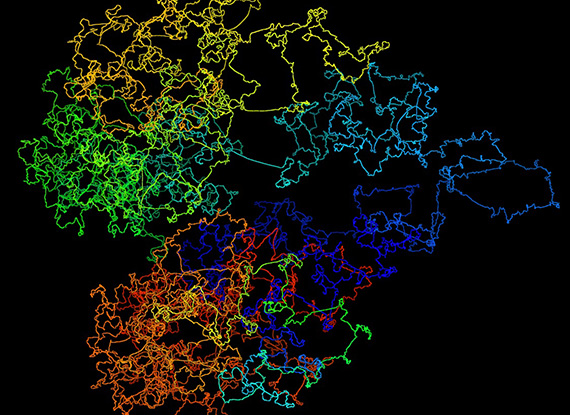
Studying chromosomes: Mizzou Engineering develops 3D modeling tool
Science has already allowed us to map the human genome – one of the biggest scientific achievements of our lifetimes. But to really take that achievement to the next level and use it to improve precision health and medicine, we need accurate 3D models to study chromosomes in great detail. A Mizzou Engineering researcher and his team have designed a tool to do just that.